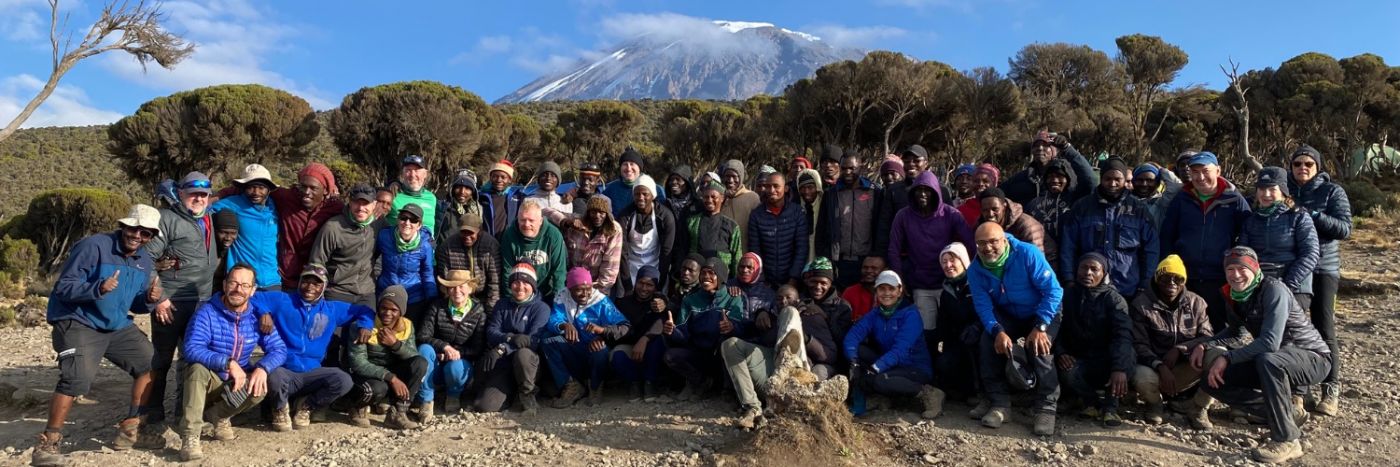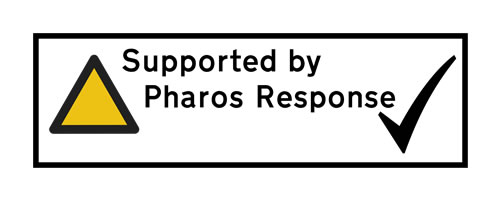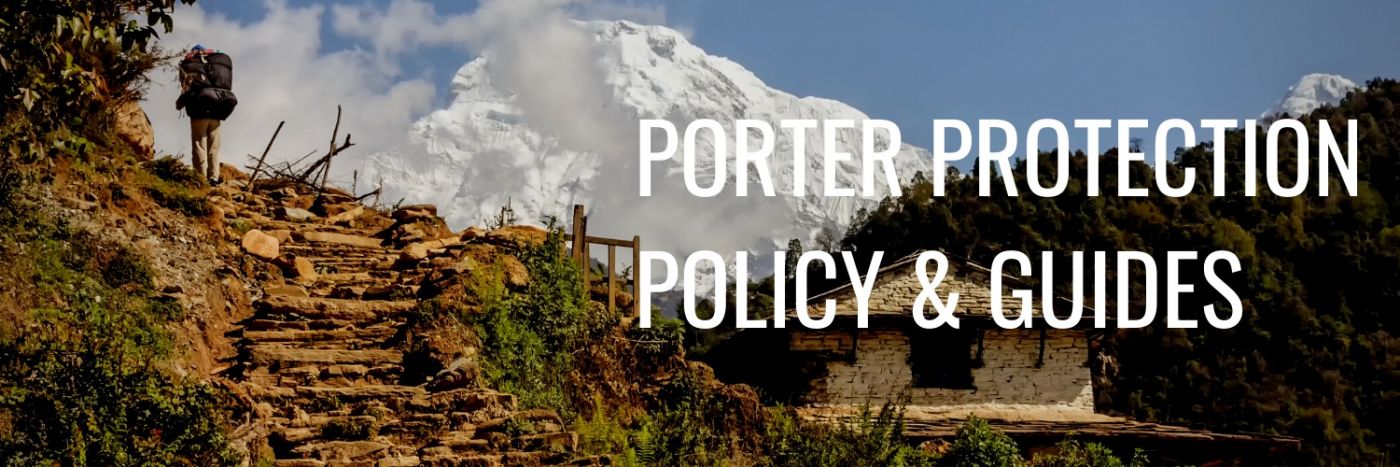
PORTER PROTECTION POLICY & LOCAL GUIDES
We couldn’t explore the amazing places that we do without them!
Mountain porters are an integral part of our Adventurous Ewe trekking or mountaineering adventures. On a trek or climb, the entire group – travellers, guides and porters alike – are a team who share the same needs for safety and wellbeing in the mountain environment.
The most important element of any hiking adventure is having an experienced trekking leader, guide, and a team of porters. Without them, ticking that great achievement off your list will be next to impossible.
Our Porter Welfare Code of Conduct ensures safe working conditions for the mountain porters we employ in Nepal, Tanzania, Morocco and South & Central America.
Here’s what Adventurous Ewe are doing to ensure the safety and training of our guides and porters along the way.
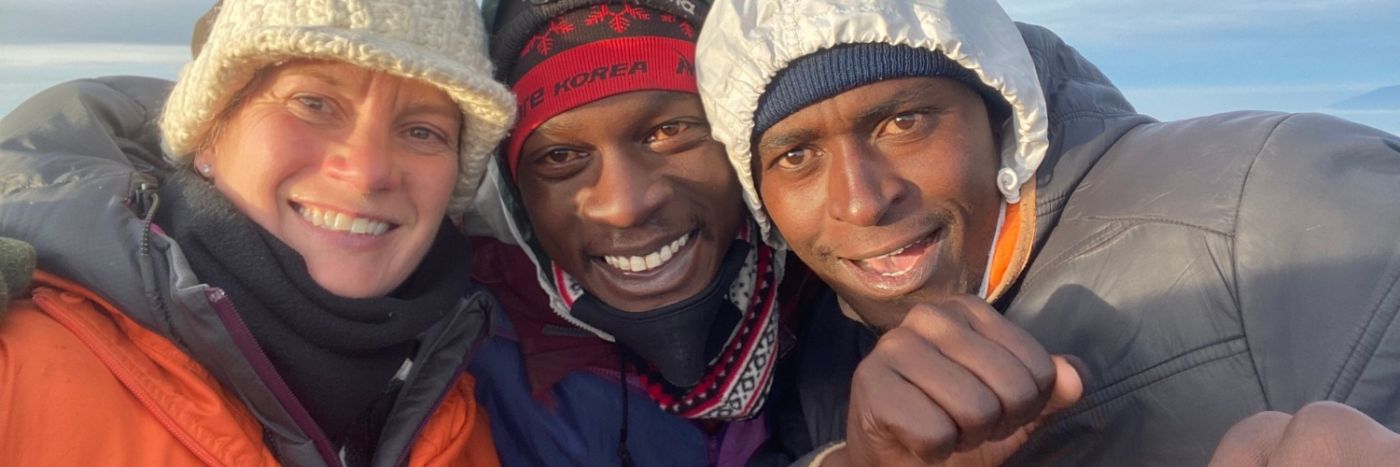
Trekking guides and senior staff
On each trekking trip you’ll be accompanied by one of our local trek leaders and a group of porters to help carry equipment and supplies. The majority of our local trek leaders have worked their way up from being a porter at some stage, so they understand the daily challenges porters face more than anybody else. Our local leaders have all been trained in porter welfare and fair treatment.
Trek leaders are under clear instruction to:
- Respect and treat porters in a dignified way
- Give porters the same priority they give to travellers if they become ill
- Never load porters with baggage beyond the stipulated weight limit
- Give porters the opportunity to enhance their language skills by enabling interaction with our travellers
- Pay them the exact wage allocated in the tour budget and in line with local employment laws
- Allow them to receive tips directly from travellers
Adventurous Ewe values the welfare of its porters as much as its local leaders and travellers, and will action any reports about trek leaders who fail to adhere to Adventurous Ewe’s policies regarding porter treatment and welfare.
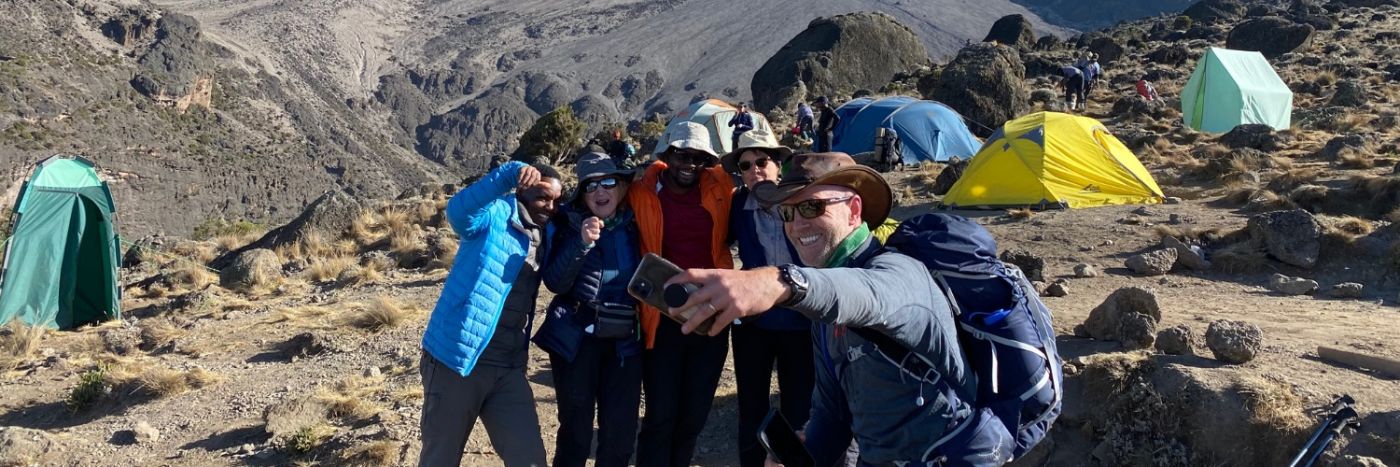
Respecting the wellbeing of our porters
Adventurous Ewe believes in traveling responsibly, and is committed to ensuring respectful and fair working conditions for all trekking porters and local leaders. Out on the wild trails of Tanzania, Morocco, South & Central America and Nepal they look after us – so we need to look after them too.
We’ve carefully selected our local operators who are partnered with associations which set the standards and monitor the safety and wellbeing of all our porters and local crew.
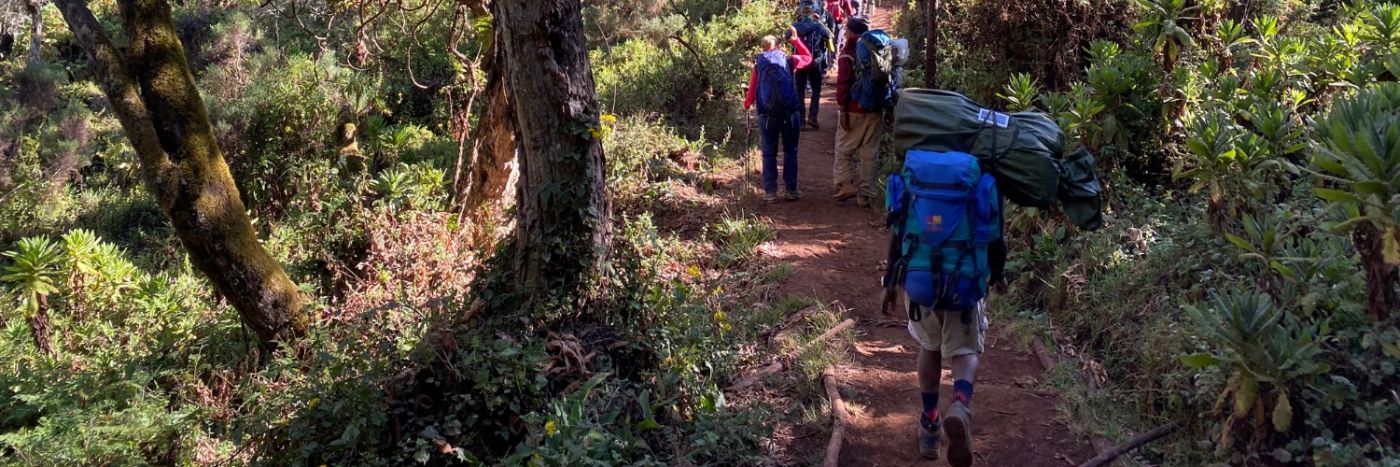
For example, in Tanzania:
Our team of local guides have received extensive training and certifications from local and international organisations including the Kilimanjaro National Park Authority and Training Expertise UK.
Standard client to mountain crew ratio is 1:4 and on summit night there will be 1 Assistant Guide to every 2 trekkers.
Our Guides are responsible for ensuring the complete safety, wellbeing and enjoyment of the team whilst also retaining a flexible and supportive attitude. The Leaders/s have satellite phone, radio and mobile phone contact with base, the local office in Moshi and Adventurous Ewe’s HQ.
Porters welfare: We understand porters, and the whole mountain crew in general, are the heart and soul of our Kilimanjaro treks and we believe that fair treatment of our crew on the mountain is not merely an industry requirement but the tenet of every Kilimanjaro expedition. Ensuring our crew is well fed, equipped, paid and cared for is a priority for us together with the potential to advance in their career path on the mountain.
When we trek, the entire group ‑ you, the guides and porters alike ‑ are a team who share the same needs for safety and wellbeing in this mountain environment.
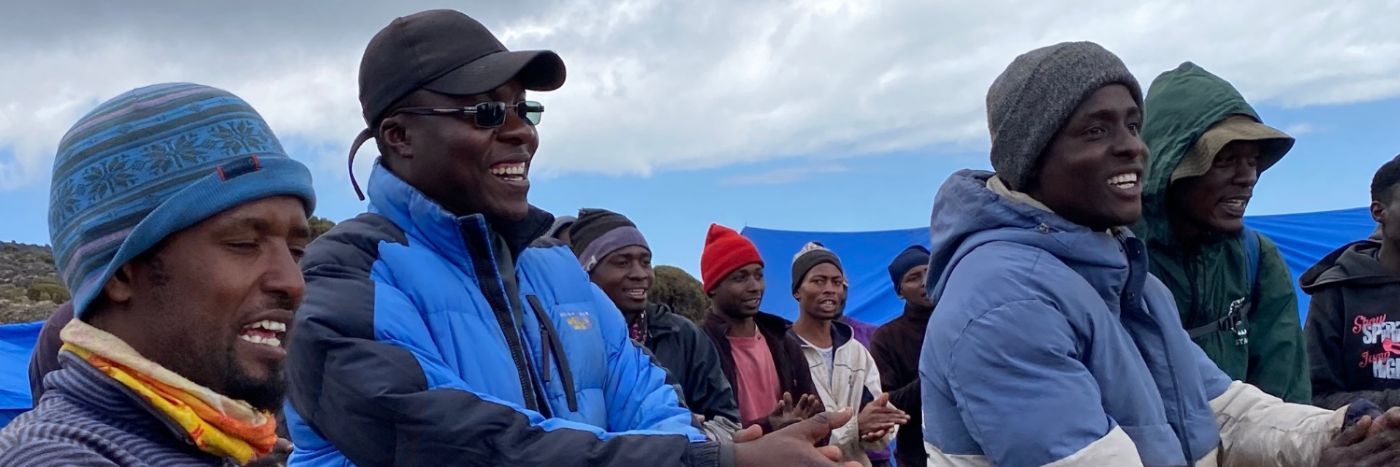
Education and training
We ensure our local operators are in partnership with the relevant Associations in their area, such as the Kilimanjaro Association of Tour Operators (KIATO), to improve the working conditions of porters by:
- Providing a stockpile of technical clothing that is required when trekking in high-altitude conditions. This includes water and wind-resistant jackets and pants, gloves, base layers, socks, hats, sunglasses and proper footwear. This equipment is also available for mountain crew and tour operators to borrow.
- Offering English language lessons, first aid training, HIV/AIDS Awareness and money management classes, in order to motivate and empower porters.
- Fair wages for the mountain crew as approved by relevant local Authorities such as the Kilimanjaro National Park Authority (KINAPA)
- Educating tourists about acceptable standards of porter treatment.
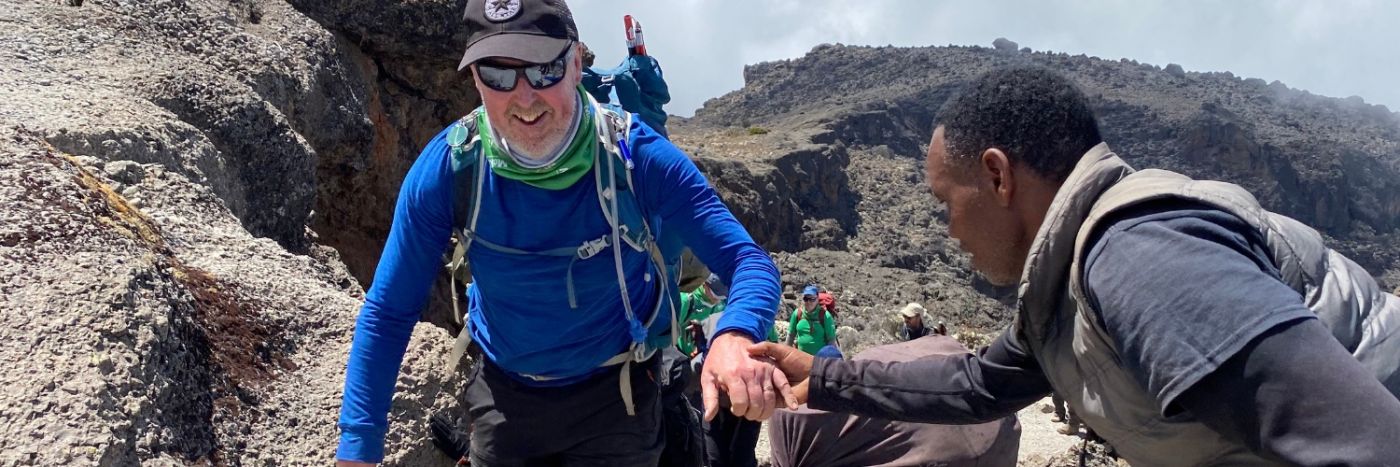
Out on the trail
Our porters are given access to tents or provided with sleeping quarters, sleeping bags, mats and cooking equipment. The maximum weight a porter can carry varies depending on the trek and region. Adventurous Ewe strictly enforces this weight limit and includes a personal allowance for items such as sleeping bag and clothes. At the pre-trip briefing, our leaders ask travellers to pack only what is necessary for the trek in order to make things easier for their porters. Each porter and their load is weighed at the start of the expedition.
Porters and travellers are introduced to each other at the beginning of the trek. As our local leaders will explain, when recruiting porters we give priority to those from local regions and disadvantaged communities. This is in keeping with Adventurous Ewe’s responsible travel policies. Because of this, many haven’t had access to an adequate education and their language skills are limited. The best way for them to learn is to have as much practice on the job as possible. Many of our porters will eventually become trek leaders, so we ask you to support them by interacting as much as possible. Sure, it might feel a little awkward at first, but after you work through any initial shyness and get to know each other, you’re likely to learn as much from them as they will from you. It’s often a very humbling human to human interaction.
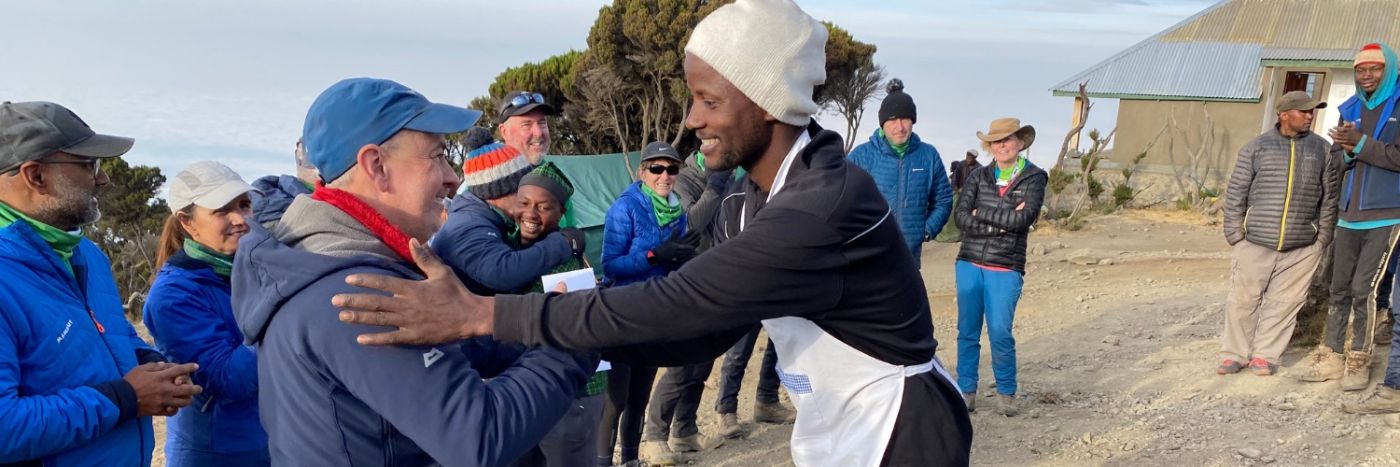
Pay it forward
When you finish your trek, if you’ve found the services of your porter invaluable, we suggest you tip them. If you’re not sure how much you should give, check your trip notes for guidance or speak to your leader; they’ll be able to recommend an appropriate amount, depending on the region you’re in. Quite often the leader will help with the circulation of tips to ensure a fair distribution is received across the whole team.
If you’ve got any good-quality gear – trekking poles, sleeping bag, a warm jacket – that you never want to see again after your time in the mountains, feel free to donate this as well. These items make a huge difference and are gratefully received. Again the collection and distribution is normally co-ordinated by the leader and often given to the local porters association so a fair distribution is received and all porters have the kit and equipment they need for their job.
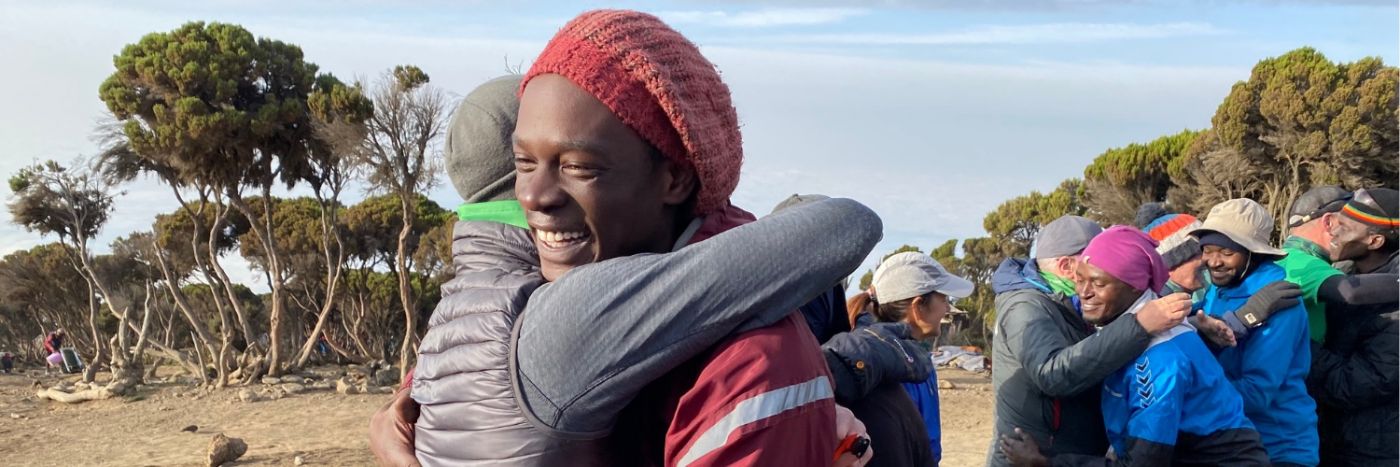
The difference made for all
Our mountain treks are more than just a mountain. It’s the basis where two groups of people become one and human interaction is at its most powerful.
When we trek, the entire group – you as a trekker, the energetic & passionate local guides and dedicated porters alike ‑ are one team. Together we trek the slopes of some of the most iconic mountain mountains and get off the beaten track on others, making a powerful difference to each other’s experience.
To you as a trekker – you receive the endless enthusiasm, support, boundless energy, care and professional guidance of your local crew.
And to the local crew – they have the opportunity of training & employment, career progression, human interaction and developing language skills.
Together we learn and appreciate each other’s backgrounds, culture and way of life.
This human interaction is the heart and soul of our mountain treks. Our local crew are what makes our treks such a heart-warming and incredible experience.
